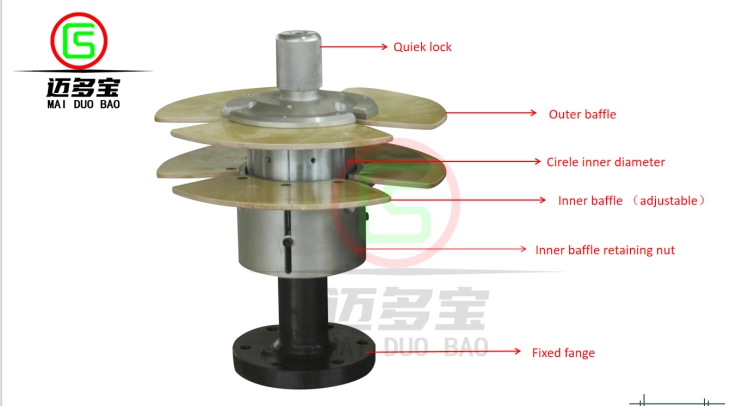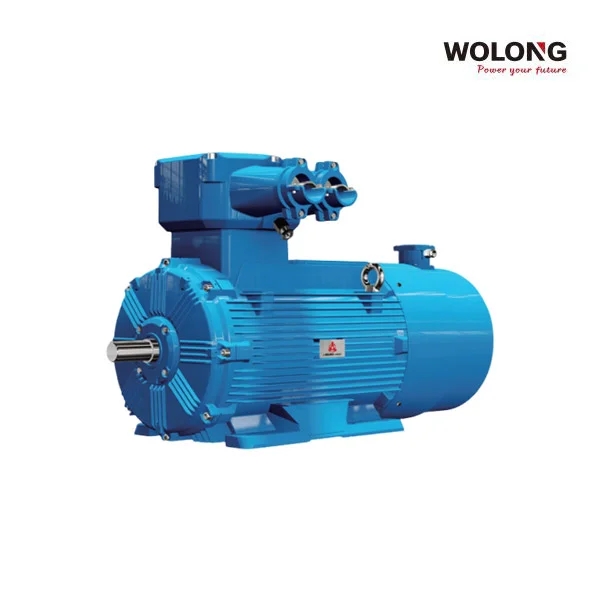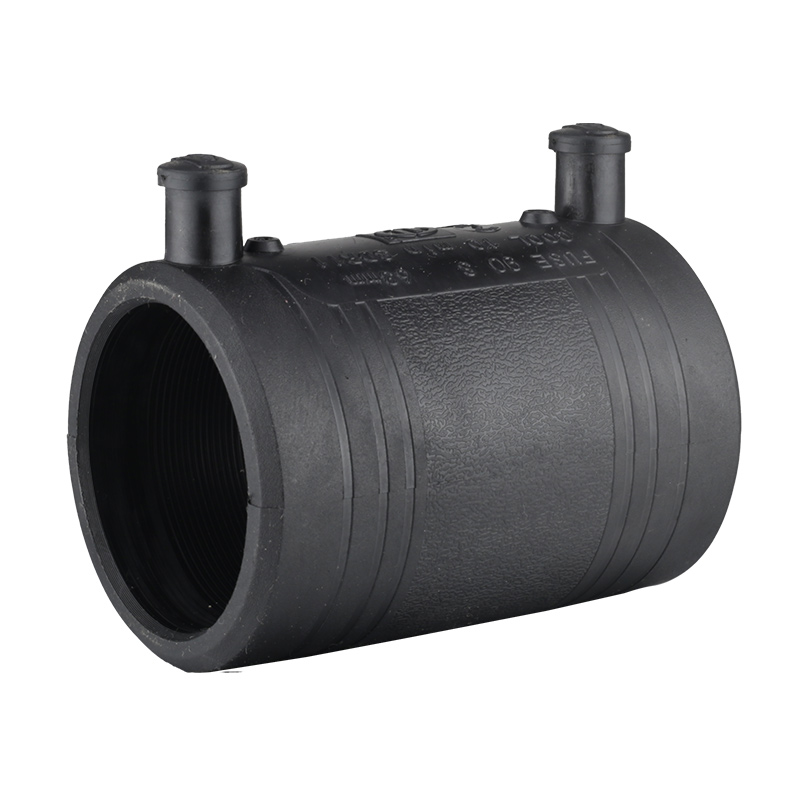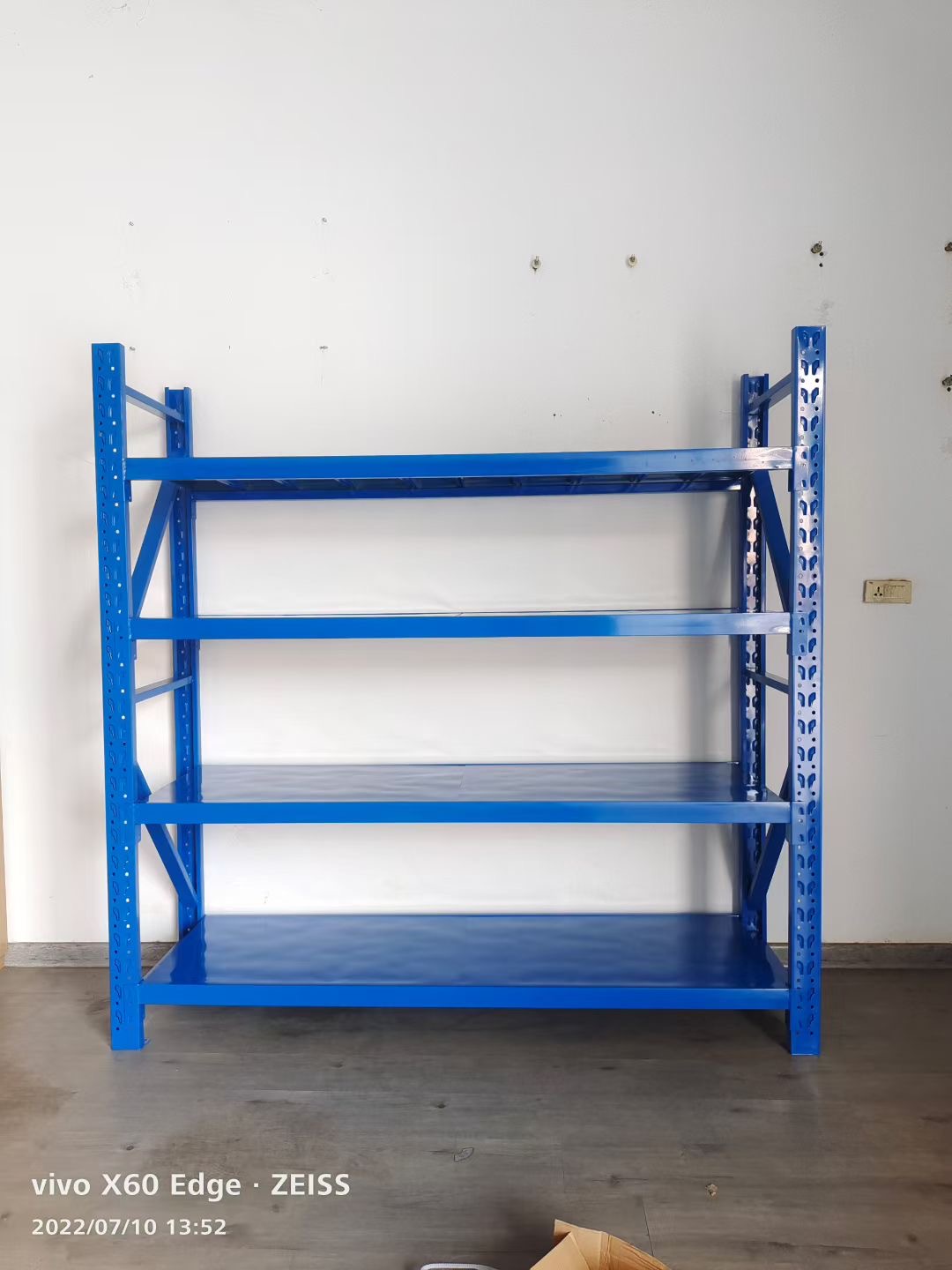Air compressors are essential tools in various industries, providing a reliable source of compressed air for a wide range of applications. However, if you're looking to maximize the power and efficiency of your air compressor, there are several key factors to consider. In this blog post, we will explore practical and effective ways to make your air compressor more powerful, ensuring optimal performance and productivity.
- Choose the Right Size and Type:
Selecting the appropriate size and type of air compressor is crucial for maximizing power. Consider the specific requirements of your applications, such as air pressure and volume demands. Rotary screw compressors are known for their high power output, making them ideal for heavy-duty tasks, while reciprocating compressors are more suitable for smaller-scale operations. - Optimize Air Intake:
To enhance the power of your air compressor, it is essential to ensure a clean and unrestricted air intake. Regularly inspect and clean the air filters, removing any debris or dust that may hinder airflow. Additionally, consider installing an intake silencer or a pre-filter to minimize noise and prevent contaminants from entering the compressor. - Maintain Proper Lubrication:
Proper lubrication is vital for the efficient functioning of an air compressor. Regularly check and change the compressor oil according to the manufacturer's recommendations. Using high-quality synthetic oils can significantly improve performance, reduce friction, and extend the lifespan of the compressor. - Upgrade Your Air Tools and Equipment:
The performance of your air compressor is closely linked to the quality of the tools and equipment it powers. Upgrading to high-performance air tools, such as impact wrenches or sandblasters, can significantly increase the overall power and efficiency of your compressor. Ensure that the tools are properly matched to the compressor's capacity for optimal results. - Maintain Optimal Pressure and Airflow:
Monitoring and adjusting the pressure and airflow settings of your air compressor is essential for maximizing power. Use a pressure regulator to maintain the recommended operating pressure for your specific applications. Additionally, inspect and repair any leaks in the air distribution system to prevent pressure drops and ensure consistent airflow. - Consider Additional Storage:
Installing an air receiver tank can provide additional storage capacity, allowing your compressor to handle peak demands more effectively. The tank acts as a buffer, reducing the workload on the compressor and improving overall performance. Ensure that the tank is properly sized to match your compressor's output and the requirements of your applications. - Regular Maintenance and Inspection:
To keep your air compressor operating at its full potential, regular maintenance and inspection are crucial. Follow the manufacturer's guidelines for routine maintenance tasks, such as changing filters, inspecting belts, and cleaning condensate drains. Regularly inspect the compressor for any signs of wear or damage and address them promptly to prevent performance issues.
Conclusion:
By implementing these strategies, you can significantly enhance the power and performance of your air compressor. Choosing the right size and type, optimizing air intake, maintaining proper lubrication, upgrading air tools, monitoring pressure and airflow, considering additional storage, and regular maintenance are all key factors in maximizing the efficiency and productivity of your air compressor. Remember, a powerful air compressor translates into improved performance and increased productivity across various industries.





